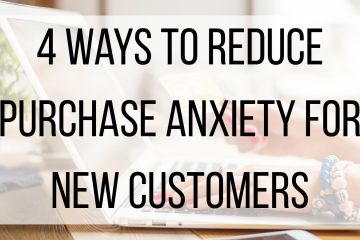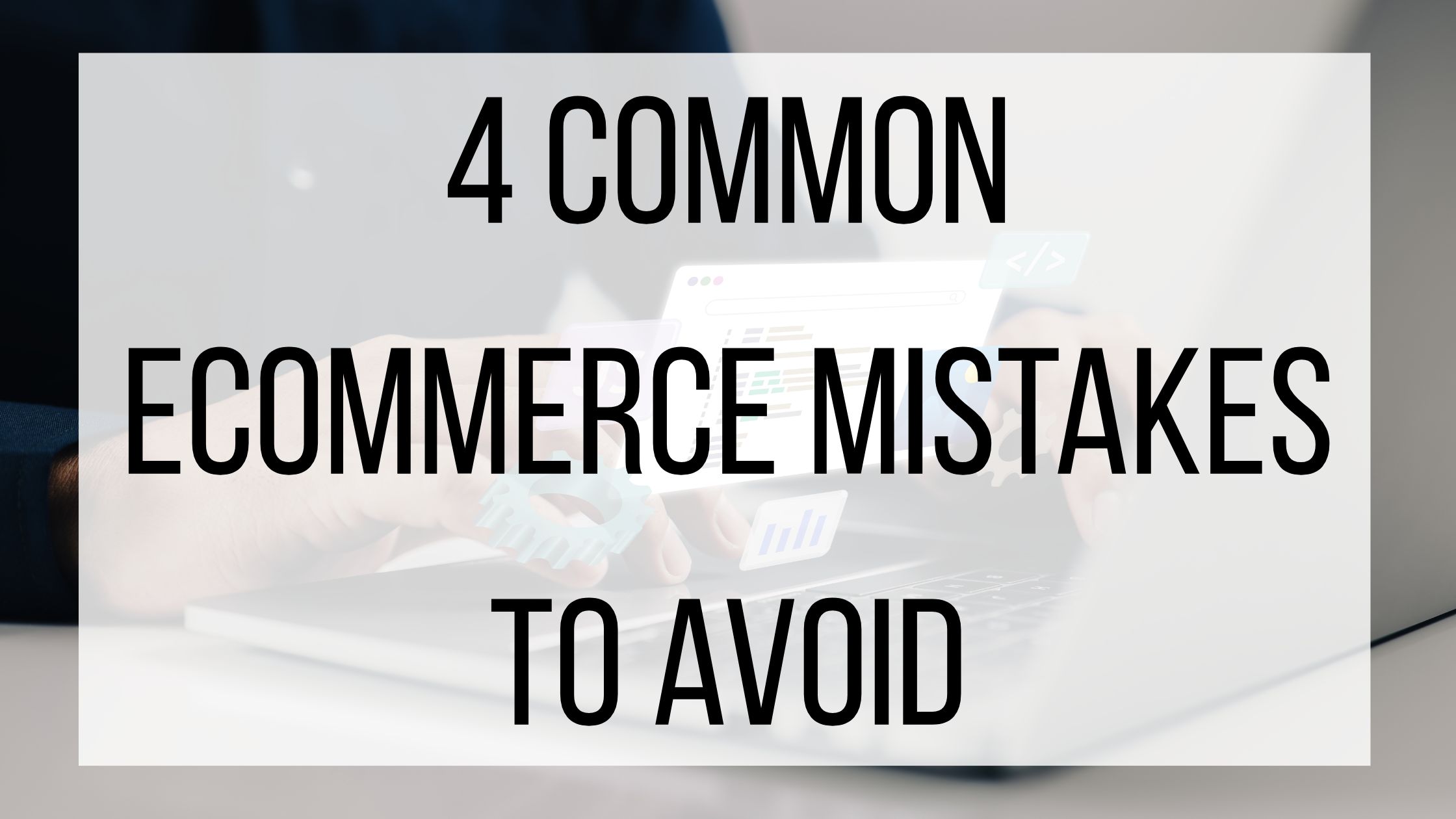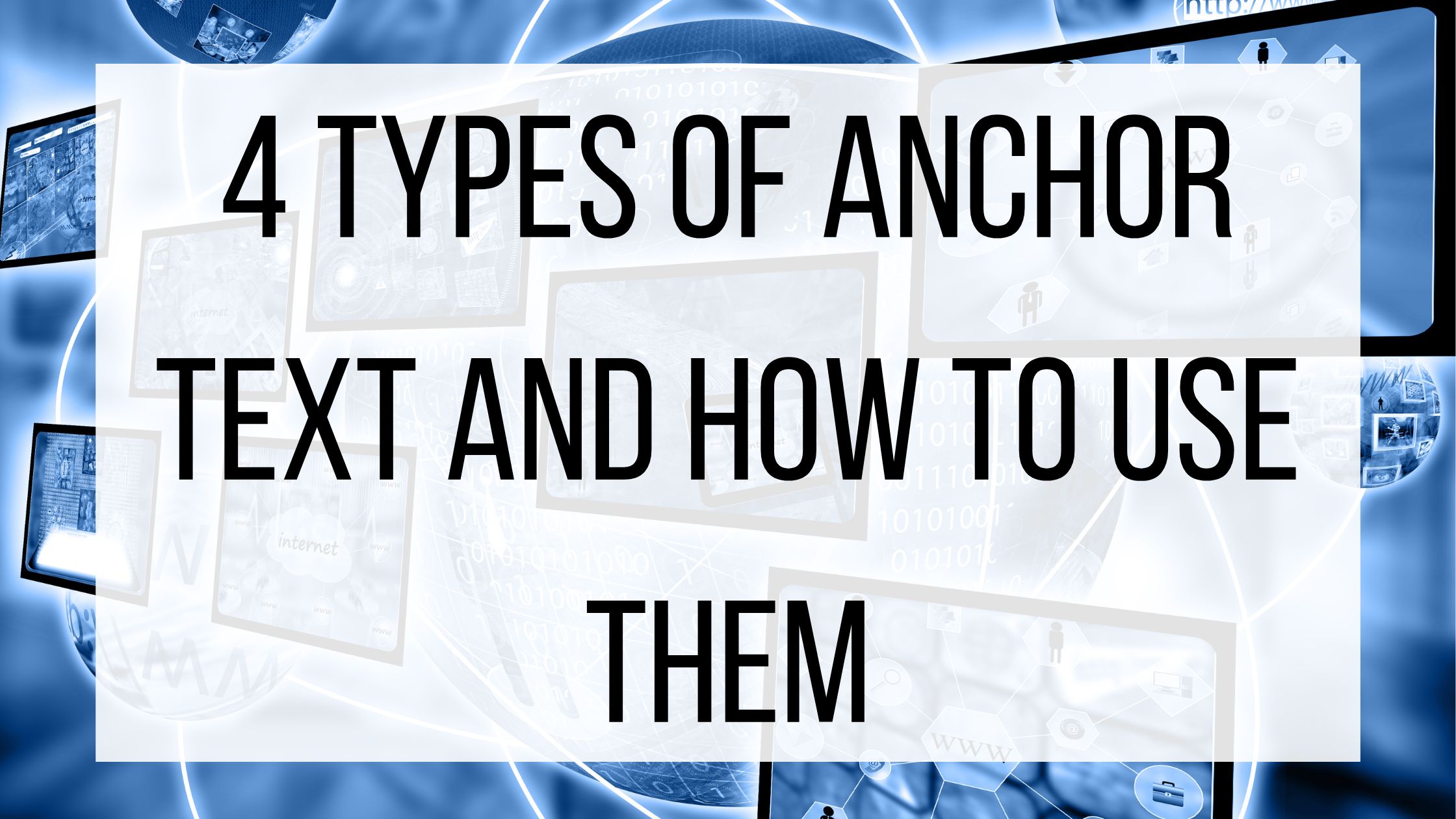Influencer Marketing
With the rise of ad blocking, bot fraud, social algorithms, and the decline in traditional TV viewership, nearly 85% of businesses worldwide are expected to launch at least one influencer marketing campaign in the next 12 months. Influencer marketing is not a new concept but will mature and play a renewed role in the marketing mix for 2017. According to Adweek, influencer marketing has increased more than 90 times in Google’s keyword search since 2013.
With more businesses looking to collaborate with influencers to add credibility to their brand, it’s clear influencer marketing can be highly effective. The most difficult part of executing an influencer marketing strategy is making it feel organic. This is why finding the right influencer to work with your business is key. The following are a few tips to get you started:
1. Identify influencers that align with your brand
Many businesses make the mistake of focusing on fans, followers, and subscriber counts only when considering potential influencers. These are key metrics to consider when looking at different influencers, but they are only part of what you should be focusing on and measuring. According to Vervely, the three key elements of social media engagement are conversions (comments/replies, applause (likes, favorites, etc.) and amplification (shares).
According to Adweek, Twitter users now trust influencers almost as much as their friends (49 percent rely on influencer recommendations while 56 percent rely on friends). But all influencers are not equal. Remember, the right influencer for your business may not be one with the largest following.
2. Ensure your campaigns will be profitable in the long run
One of the biggest challenges businesses face with marketing campaigns is the return on investment (ROI). Businesses want to know that for every dollar spent, they will see that same dollar back plus a percentage more. An influencer’s follower count and reach is one thing, but you also need to know that the audience being reached is the type of consumers likely to buy your products or services. Asking yourself some of the questions below can help you determine this:
- Does my target audience know and trust this influencer?
- Has the influencer successfully promoted similar products, services, or brands before?
- Is the influencer known as an expert or thought leader in the industry/your niche?
- Does their audience demographics line up with your target audience and business goals?
The success of your influencer marketing campaign relies heavily on the influencer you choose. There are many influencers out there with thousands, hundreds of thousands or even millions of followers. But, an effective marketing strategy is about identifying which influencers are dominating your niche, and also right for your business.



